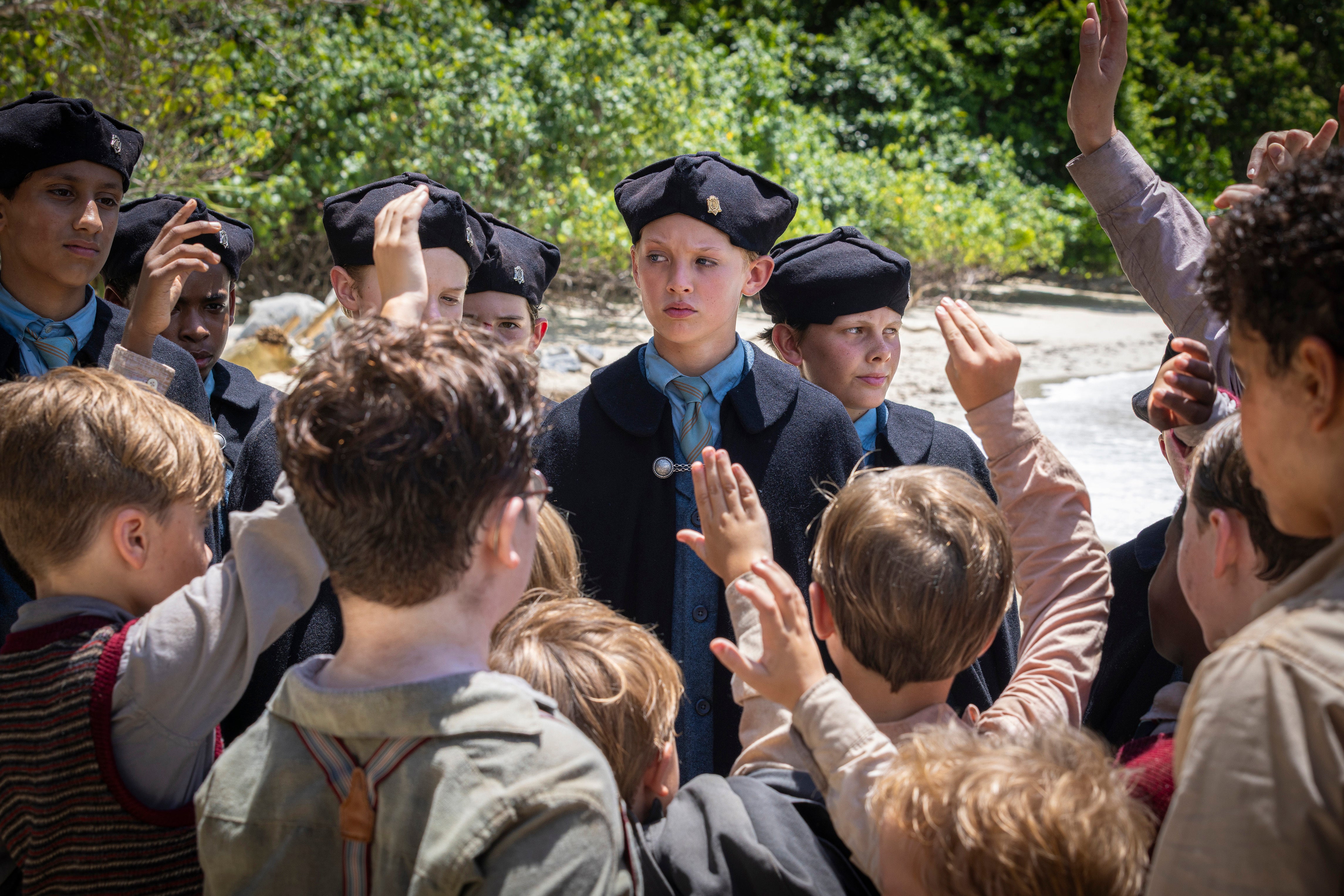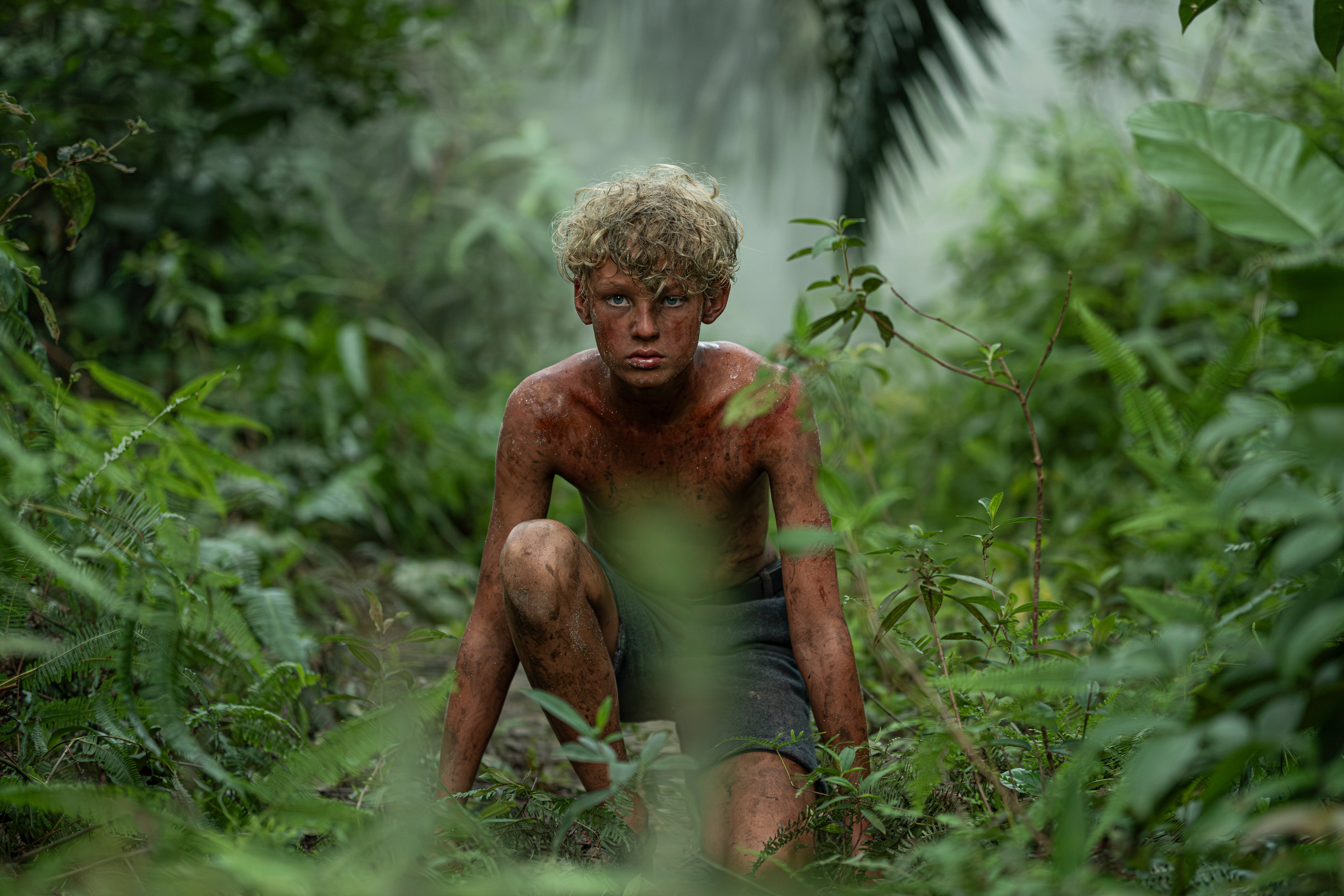
The BBC has released the first images of its new adaptation of Lord of the Flies, which has been written by Jack Thorne, the screenwriter behind Adolescence.
The four-part series, expected to arrive on the BBC in 2026, is the first time William Golding’s influential 1954 novel has been adapted for TV.
New images show the young cast, many of whom are making their professional acting debut – much like Adolescence breakout Owen Cooper.
The cast includes Winston Sawyers as Ralph, Lox Pratt as Jack, David McKenna as Piggy, Ike Talbut as Simon, Thomas Connor as Roger, Noah and Cassius Flemyng as twins Sam and Eric, Cornelius Brandreth as Maurice, and Tom Page-Turner as Bill.
The boys were cast after an open call by casting director Nina Gold, who has previously worked on Game of Thrones and Baby Reindeer. Pratt was recently cast as Draco Malfoy in the forthcoming Harry Potter series.

The cast are part of an ensemble of more than 30 boys, who filmed on location in Malaysia.
In Golding’s seminal novel, a group of schoolboys wash up alone on a tropical island after a devastating plane crash. In an attempt to remain civil and create a sense of society, the boys split themselves into two camps, “biguns” and “littluns”.
The group is led by Ralph, who is supported by the group’s intellectual, Piggy. However, Jack, who is in charge of signal fire duty, is more interested in hunting and vying for leadership, and soon begins to draw other boys away from the order of the group, which ultimately leads to tragedy. Each episode is titled after one of the story’s four main characters: Ralph, Piggy, Simon and Jack.
Thorne’s adaptation is being billed as faithful to Golding’s book, delving further into themes of human nature, loss of innocence and boyhood masculinity.

The show has been directed by Marc Munden, best known for his work on miniseries The Sympathizer and National Treasure.
Lord of the Flies, first published by Faber when Golding was an unknown author, has been one of the most popular books on the English curriculum for the past 70 years. Golding won the Nobel Prize for Literature in 1983.
To date, the book has been adapted into a movie three times, the most celebrated version being Peter Brook’s in 1963, which was nominated for the Palme d’Or award at the Cannes Film Festival.







